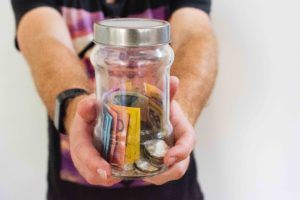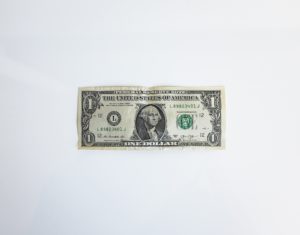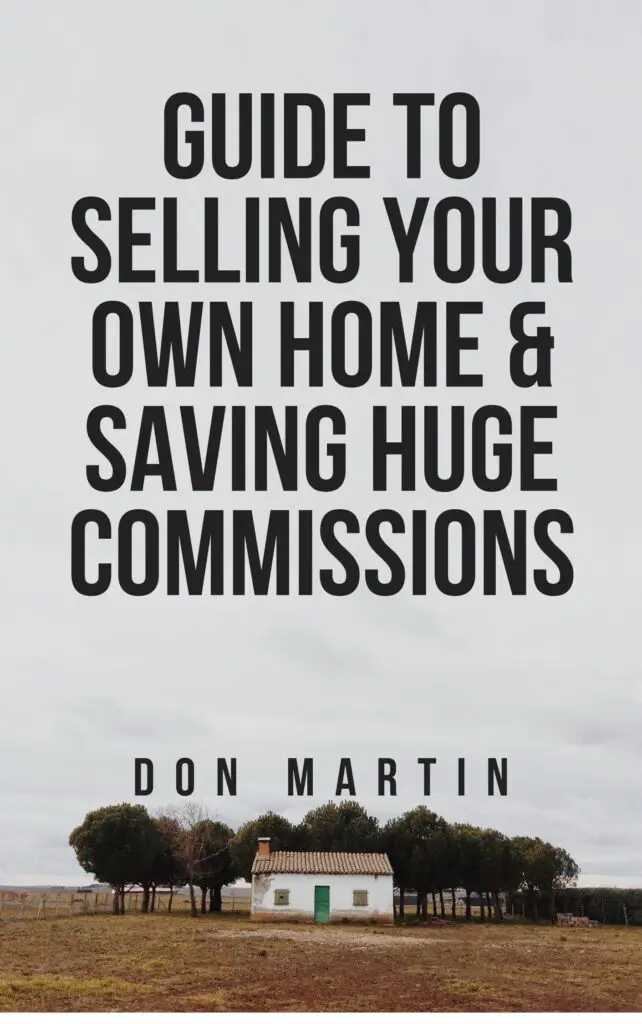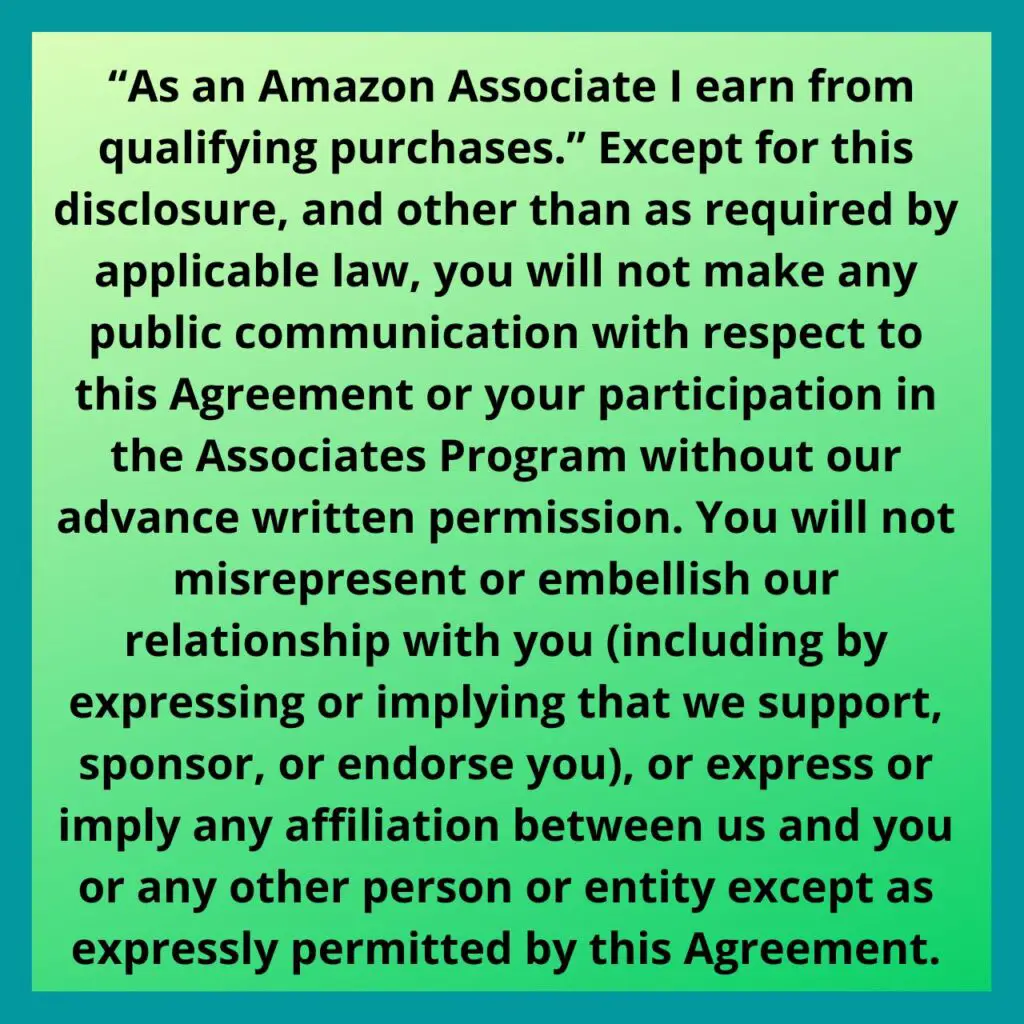Written by Don Martin. For his updates go here.
Calculate the Amount You Will Need for Down Payment
While it is always a good idea to start early saving money for a rainy day, saving up enough for a home down payment needs a clearly defined goal. The first step is to figure out your end amount. That means you will need to know your budget for a home purchase.
Most people work backwards to figure out their home price. Start with the amount that you are now paying in rent. Then, add about 10% to 15% of that amount to it in order to cover maintenance items and the escrow amount. Once you have this figure, you can use one of many free online mortgage calculators to see how much home you can afford.
For example, if you currently pay $1,200 per month in rent, then you would need between $1,300 and $1,400 per month for the new estimated mortgage amount. That means that for a 30-year mortgage with a fixed interest rate of 3.75% you would expect a house price of approximately $285,000 if you paid a 10% down payment. Obviously, you will need to have or come up with about $28,500 as your goal to do that.
Knowing the home buying costs would be important for determining the amount needed at closing.

Work Several Plans at Once
Put Together Several Simultaneous Savings Plans When Saving For A Down Payment On A House
Most people will feel that figuring out how to save for a down payment on a house in the range of $20,000 or more would take years. However, it does not have to be overwhelming. Those who have successfully saved a large amount, have discovered that putting into action various plans at the same time yield the best results.
- Start big – Sometimes people will start with a $5 or $10 deposit in their local savings account. However, if you have an extra $100 or $1,000 it is better to start off really large. This will make you feel like you have taken a huge first step, and it will help you stay motivated to keep saving.
- Do it automatically – You likely have two options for automatic savings. First, if your employer automatically deposits your paycheck to your local bank or credit union, you can have your payroll department modify your deposit. You can set aside a certain amount from each paycheck to go to a certain savings account. If your paycheck is not automatically deposited, or your payroll department does not offer that service, then you can talk to your bank or credit union to set up the automatic deposit from your checking account to your savings account. One or two on-line banks ( ie Ing or CapitalOne, etc. ) will draft your checking account at pre-determined intervals what ever amount you specify. That is a little more painful than your employer doing it, but a little less painful than you taking the cash out of your pocket.
- Set aside bonuses and/or raises – If you receive any type of extra money from work in the form of a bonus or a raise, set that money aside in your savings. Some people take every $5 bill they receive in change and set it aside in an envelope until there several to deposit. It may be tempting to spend it on a weekend getaway, but that will delay buying a home.
- Keep paying on your car – If you have fewer than 2 years left to pay on your car, plan to keep the vehicle for a few years after you have paid it off. This is a really fast way to build up your savings. If you are currently paying between $300 and $400 per month for a car loan, you could potentially save up between $7,000 and $9,000 in 2 years from simply depositing the former car payment amount into your savings account each month.
- Debt snowball from Dave Ramsey. Pay off a low balance or two, and instead of completing the snowball at that time, put the extra into a savings account for the house.
- Extra money on the side – some people have a skill that can earn them extra money away from their main job. It can be a service like mowing lawns, cleaning homes, or walking dogs. Others have gone to the extreme of getting a second job, such as delivering pizzas at night or working as a waiter/waitress in order to save the cash tips.
- Drive for Lyft or Uber – These are new opportunities.
- Start a blog – Some can earn money after a few weeks, if done right.
- Sell some stuff – When you are close to completing your goal, look around your place and see if there are things that you no longer need. Sites like Craigslist, eBay and even local Facebook groups make it easy to get rid of old clothes, electronics and/or a host of other things in order to make some quick cash.
- Small details add up – like cooking some extra on Sunday, and brown bagging part of the following week.
Interest Will Also Work for You
After you have figured out how to save for a down payment on a house, let the money take over part of the work for you. Over time, interest will help you reach your goal faster. However, you do need to be careful with your choice of investments.
One rule of thumb is to stay away from stock market investments if you plan to need the money in fewer than 10 years. While the stock market is a great way to invest money for the long term, it can be volatile in the shorter term. Here are some other choices to consider.
- Money Market – A money market account offered by your local bank or credit union will normally have a slightly higher interest rate than the typical savings account. Money market accounts also limit the number of transactions you can have in a month, so you to leave the money alone.
- Certificate of Deposit – A certificate of deposit, or CD will also have higher interest rates than either the money market account or the savings account. With a CD you will be asked to deposit money to the account and leave it alone for a specific period of time such as 6 months, one year or 3 years. The higher lengths of time will pay the higher interest rate. It will likely be a good investment in time to shop around various banks and credit unions in your area to find the best interest rates.
- High yield savings – Some financial institutions will offer a high yield savings account. That term means that the account pays more than the regular savings account offered to the general public. These accounts will usually have a larger minimum balance and limit the number of withdrawals you can make in a month.
You May Not Need As Much Money As You Think
Learn About Low and No Money Down Payment OptionsWe saved this for last. While it is true that learning how to save for a down payment on a house can teach you financial discipline, it is also possible that you may not need quite such a large amount. If you choose to go with one of the low down payment loans, your down payment may only need to be a few thousand dollars in order to qualify for a mortgage.
For example, a qualifying military service member could meet the requirements for a VA mortgage. These loans do not require a down payment of any sort. The USDA loan also does not require a down payment. The USDA loans are available to people with decent credit scores and annual household income that falls below a certain threshold. Finally, there is the popular FHA loan that only asks for a 3.5% Down Payment rather than a 10% or 20% down payment.
Regardless of the type of mortgage you end up with, it will likely still take some time for you to save up the money needed to qualify for a home mortgage. This will give you time to strengthen your credit score, and teach you financial disciplines that will help enable you to have a healthy financial future.
Written by Don Martin. For his updates go here.
Let’s head on back to the house!





![12 Ways to Save Up A Down Payment To Buy A Home [BUY]](https://thereasonablerealtor.com/wp-content/uploads/2024/01/Copy-of-Copy-of-Copy-of-backpages-journal-2-300x200.jpg)






